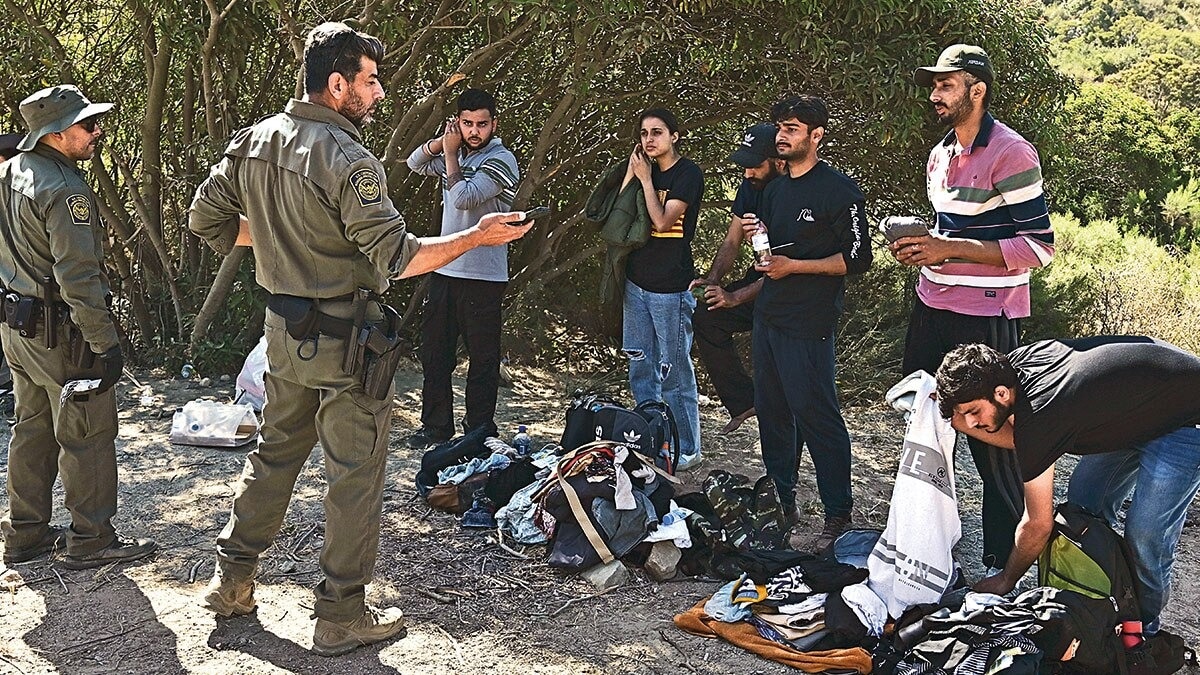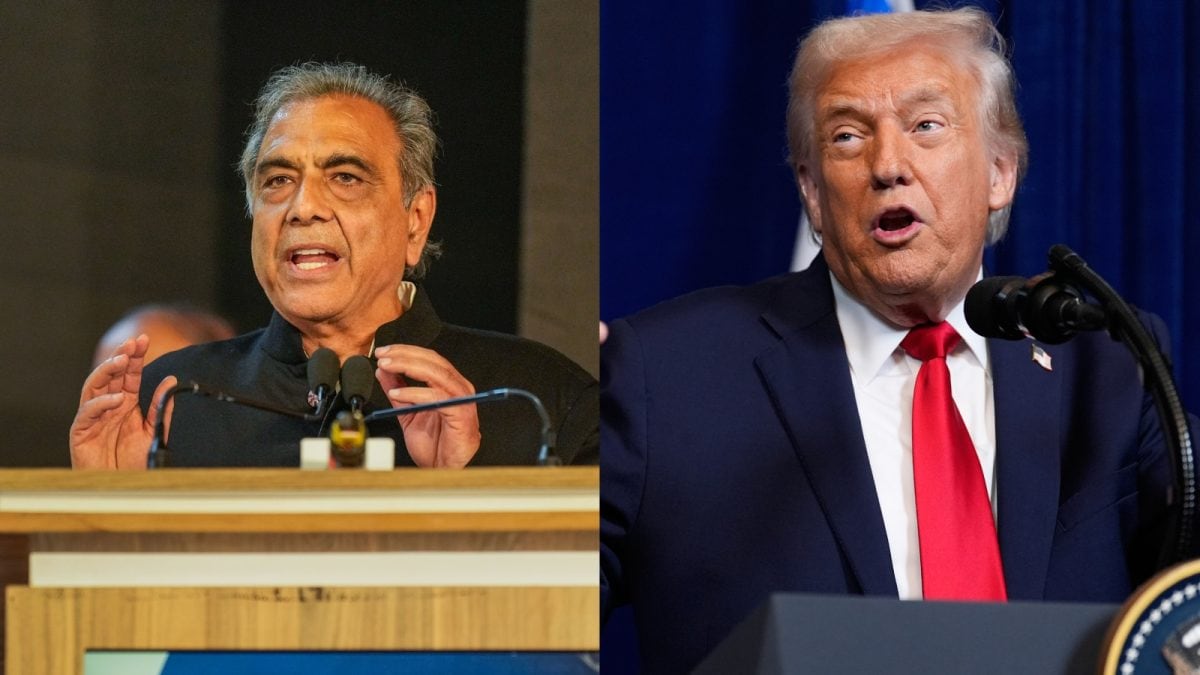Mark Carney has agreed an energy deal with Alberta centred on plans for a new heavy oil pipeline reaching from the province’s oil sands to the Pacific coast, a politically volatile project that is expected to face stiff opposition.
The move proved politically damaging within hours, with the minister of Canadian culture, Steven Guilbeault, who is the former environment minister, announcing he would leave cabinet. Guilbault, a former activist and lifelong environmental advocate, said he strongly opposed the plan.
Shortly before losing a prominent member of his cabinet, the prime minister said on Thursday it was a “ great day for Alberta and a great day for Canada” as he met the Alberta premier, Danielle Smith. He said the agreement “sets the state for an industrial transformation” and involved not just a pipeline, but nuclear power and datacentres. “This is Canada working,” he said.
The agreement was praised by Smith for its potential to “unleash” investment in the province.
Carney and Smith made the announcement after weeks of negotiations, which mark a dramatic shift in relations between the federal government and Alberta. The two have sparred in recent years amid accusations from Alberta that Ottawa is harming its economic potential by restricting carbon emissions.
The premise of the agreement is to increase oil and gas exports while attempting to meet the federal government’s climate targets. Carney’s government will exempt a possible pipeline project from the existing coastal oil tanker moratorium and emissions cap. In exchange, Alberta must raise its industrial carbon pricing and invest in a multibillion-dollar carbon capture project.
Critically, however, no company has expressed an interest in backing the project, which would probably face stiff opposition from the province of British Columbia and First Nations communities on the Pacific coast.
The move also reflects a political shift by Carney, who, before entering politics, developed credentials as an economist guiding capital markets towards a net zero future. Now, he must sell a plan that appears at odds with those values.
In a post on social media announcing his resignation, Guibeault said the decision to resign came with “great sadness”, but was necessary given his values as an environmental advocate.
“First, there was no consultation with the Indigenous nations of the west coast of British Columbia or with the provincial government, who would be greatly affected by this agreement,” he wrote. “Furthermore, a pipeline to the west coast would have major environmental impacts, particularly as it could cross the Great Bear rainforest, contribute to a significant increase in climate pollution, and move Canada further away from its greenhouse gas reduction targets.”
Guibeault warned that lifting the moratorium on oil tanker traffic would significantly increase the risk of accidents in the region.
Talks between Alberta and the federal government notably excluded neighbouring British Columbia, whose premier has voiced strong opposition to a new pipeline passing through his province. David Eby has said he opposes a pipeline and the prospect of allowing tanker traffic through the narrow, tempestuous waters of the north coast. Instead, his government offered to expand the capacity of the existing Trans Mountain pipeline.
But Alberta’s government is adamant it wants a new pipeline, not just expanded capacity, and has repeatedly pledged to submit a proposal by spring.
Before passing a bill in June that gave his government the power to override environmental regulations and fast-track projects in the national interest, Carney said any new pipeline would have to have the support of First Nations whose territory is unceded to provincial or federal governments.
Even before Carney and Smith made their announcement, however, First Nations said any new pipeline was effectively dead on arrival.
“We are here to remind the Alberta government, the federal government, and any potential private proponent that we will never allow oil tankers on our coast, and that this pipeline project will never happen,” said Marilyn Slett, the president of the Coastal First Nations (CFN), a group that represents eight First Nations along the coast.
Slett, the elected chief of the Heiltsuk Tribal Council, has previously warned about the risks of an oil spill in a sparsely populated region with little rapid-response infrastructure, having witnessed a 100,000-litre diesel spillage near her community in 2016. She said no deal could “override our inherent and constitutional Rights and Title, or deter our deep interconnection of mutual respect for the ocean”.
Contact us about this story
Show
The best public interest journalism relies on first-hand accounts from people in the know.
If you have something to share on this subject, you can contact us confidentially using the following methods.
Secure Messaging in the Guardian app
The Guardian app has a tool to send tips about stories. Messages are end to end encrypted and concealed within the routine activity that every Guardian mobile app performs. This prevents an observer from knowing that you are communicating with us at all, let alone what is being said.
If you don't already have the Guardian app, download it (iOS/Android) and go to the menu. Select ‘Secure Messaging’.
SecureDrop, instant messengers, email, telephone and post
If you can safely use the Tor network without being observed or monitored, you can send messages and documents to the Guardian via our SecureDrop platform.
Finally, our guide at theguardian.com/tips lists several ways to contact us securely, and discusses the pros and cons of each.
Illustration: Guardian Design / Rich Cousins

 1 month ago
1 month ago















